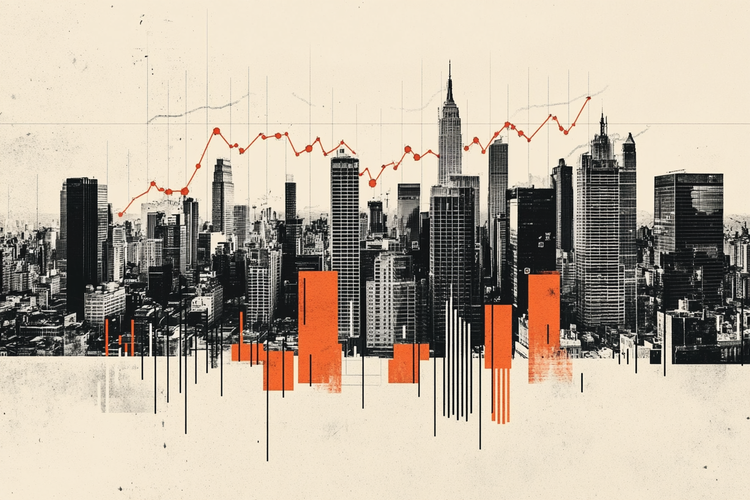About 35% of the waste generated in Brazil can be recycled. Currently, the national recycling average is 3% for dry waste and 1% for organic waste. The data are from the Brazilian Association of Public Cleaning and Special Waste Companies (Abrelpe).
Plastics represent the highest percentage of the type of product discarded and with potential for recycling. There are almost 38 thousand tons discarded daily and 13.8 million tons per year.
Paper and cardboard are in second place, with more than 23 thousand tons of material that can be recycled. Glass and metal account for, respectively, 6 thousand tons and 5 thousand tons of material being discarded every day.
For the CEO of Abrelpe, Carlos Silva Filho, Brazil still faces difficulties in implementing and maintaining the entire chain necessary for recycling these products.
“The stagnation of recycling rates, despite the various actions, campaigns and initiatives to leverage the sector and enable the use of discarded materials, demonstrates the fragility of existing networks. The lack of a structured market to absorb waste and the logistical and tax difficulties should be the object of priority attention, along with the structuring of reverse logistics systems defined by law”, defends Silva Filho.
Despite showing a decline in recent years, another concern in relation to urban solid waste is organic waste. According to the institution, in Brazil, the organic fraction accounts for 45.3% of the waste composition, which represents a little more than 37 million tons per year.
Other types of waste identified in the survey were textile, leather and rubber waste, representing 5.6% of everything that is discarded per year in Brazil, almost 5 million tons.
Source: CNN Brasil







